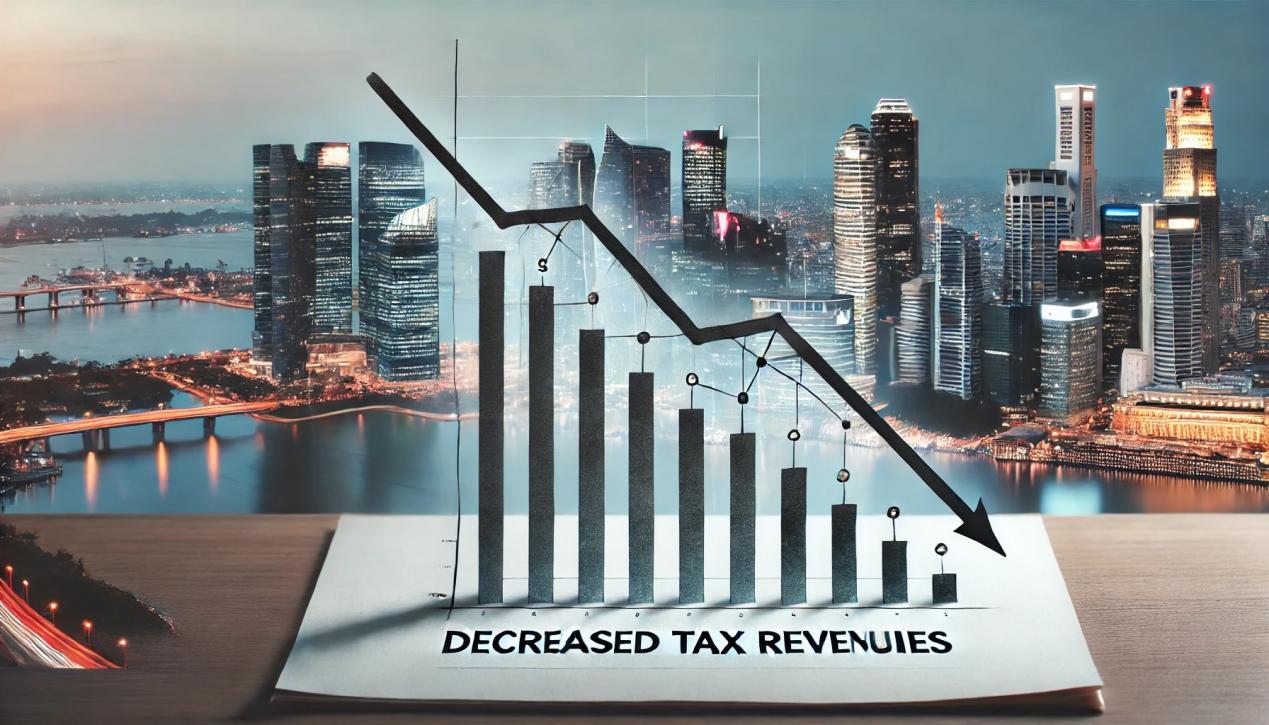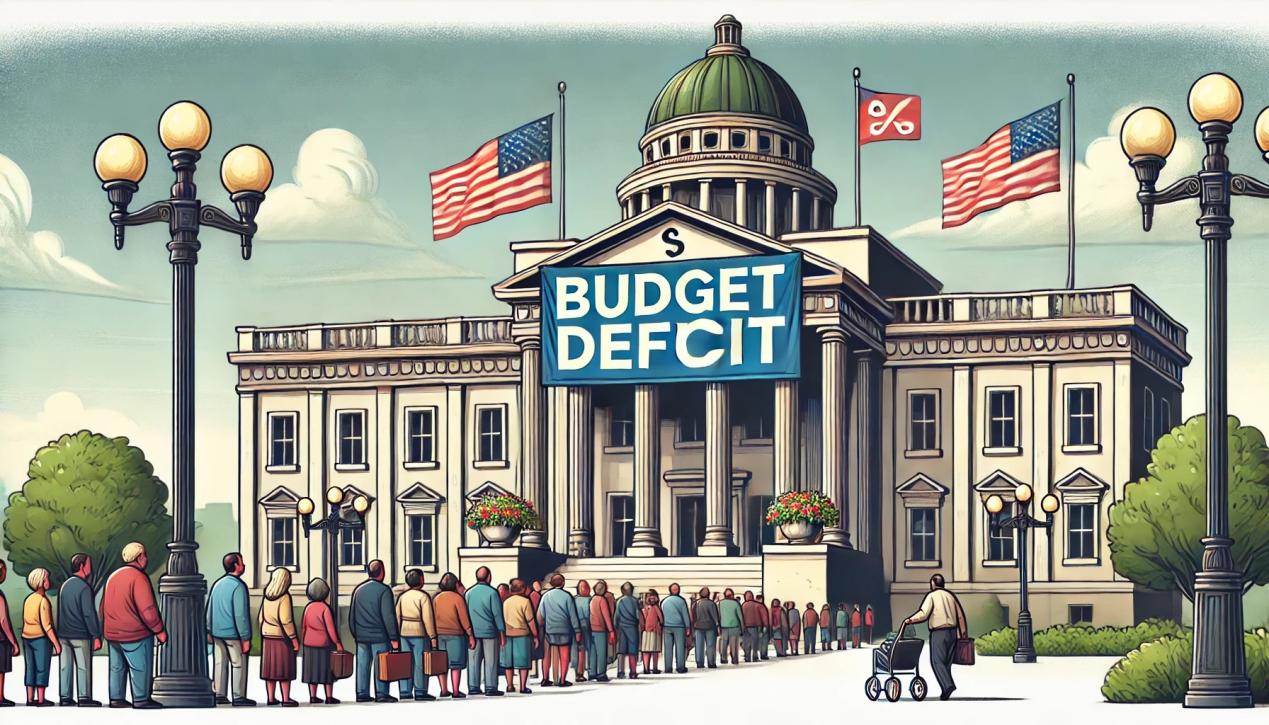Economic downturns significantly affect various sectors, and the public sector is no exception. These periods of financial instability can strain government budgets, disrupt public services, and lead to long-term fiscal challenges. This article explores the current trends and future predictions regarding the impact of economic downturns on public sector financing.

Current Trends
1. Decreased Tax Revenues
One of the immediate impacts of an economic downturn is a reduction in tax revenues. As businesses close or scale back operations and unemployment rises, income and corporate tax collections drop significantly. This decrease in revenue can severely limit the government's ability to fund essential services and invest in infrastructure projects.
2. Increased Public Expenditure
Economic downturns often lead to increased public expenditure as governments attempt to stimulate the economy and provide relief to affected individuals and businesses. This includes increased spending on social welfare programs, unemployment benefits, and stimulus packages. While these measures are necessary to support the economy, they also increase the financial burden on the public sector.
3. Budget Deficits and Public Debt
The combination of decreased revenues and increased expenditures typically results in budget deficits. To cover these deficits, governments often resort to borrowing, leading to an increase in public debt. High levels of public debt can constrain future public sector financing options and limit the government's ability to respond to future economic challenges.

Future Predictions
1. Emphasis on Fiscal Resilience
In response to the challenges posed by economic downturns, future public sector financing strategies are likely to emphasize fiscal resilience. Governments may focus on building reserves during periods of economic growth, diversifying revenue sources, and implementing more robust financial planning to better withstand future downturns.
2. Innovative Financing Solutions
To mitigate the impact of economic downturns, governments may explore innovative financing solutions. This could include public-private partnerships, social impact bonds, and green bonds. These instruments can provide alternative sources of funding for essential projects and services without overburdening public finances.
3. Increased Use of Technology
Technology will play a crucial role in future public sector financing. Advanced data analytics and artificial intelligence can help governments better predict economic trends, optimize tax collection, and identify areas for cost savings. Digital platforms can also improve transparency and efficiency in public financial management.
4. Enhanced Social Safety Nets
Economic downturns highlight the importance of robust social safety nets. In the future, governments may prioritize the strengthening of these safety nets to provide more effective support during economic crises. This could involve increasing funding for unemployment benefits, healthcare, and other social services to ensure that vulnerable populations are adequately protected.

In conclusion, economic downturns pose significant challenges to public sector financing, but they also present opportunities for innovation and resilience. By adopting forward-thinking strategies and leveraging technology, governments can better navigate these challenges and ensure sustainable public sector financing in the future. The ability to adapt and evolve will be crucial in maintaining the stability and effectiveness of public services during times of economic uncertainty.






